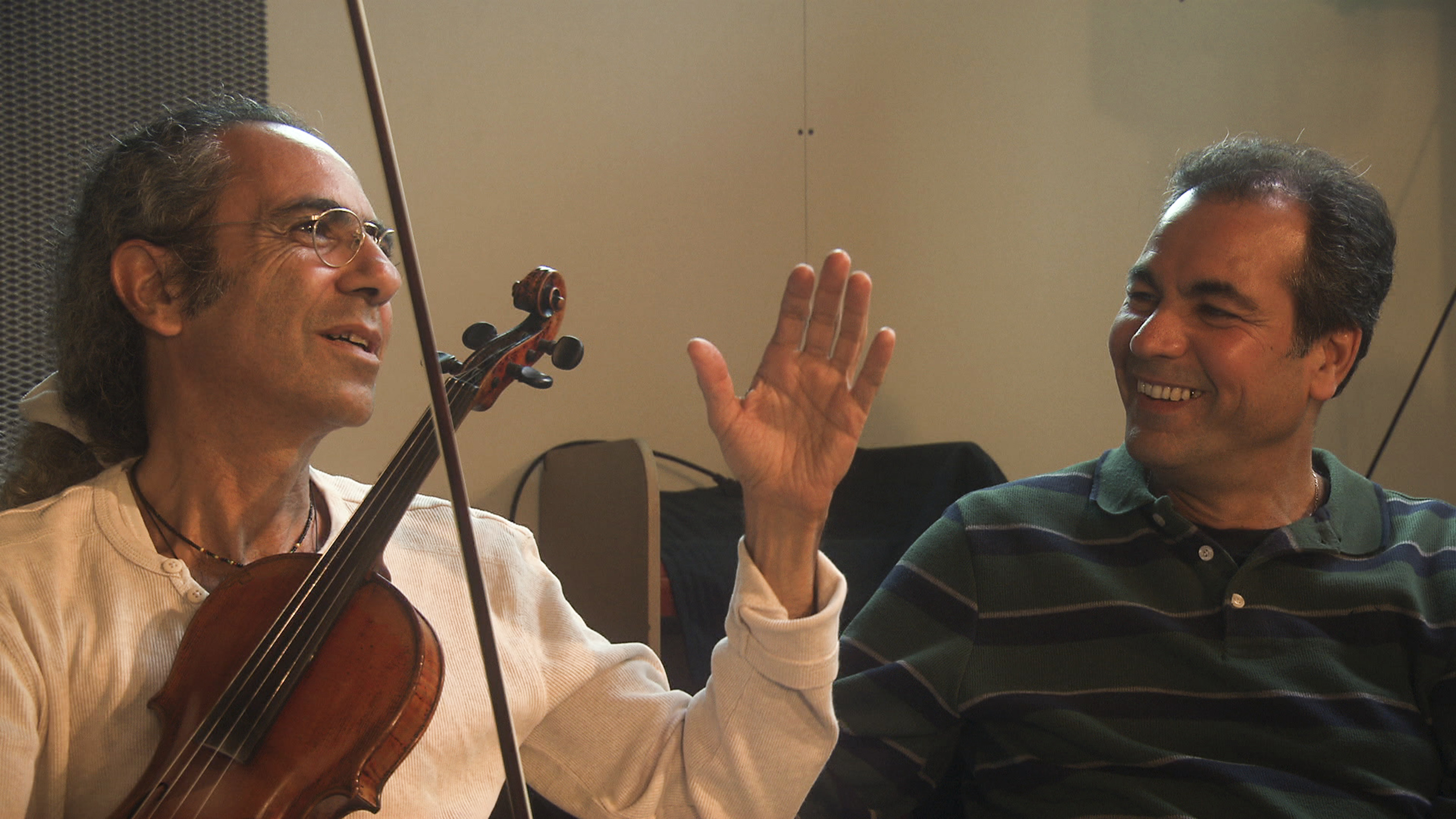On the Banks of the Tigris: The Hidden Story of Iraqi Music
Directed/Produced by Marsha Emerman
Fruitful Films, 2015
In Melborne, Australia, when Iraqi exile Majid Shokor decides to look into his musical history, he discovers, much to his surprise, how much Iraqi music owes to the country’s former Jewish population. The film, “On the Banks of the Tigris, the hidden story of Iraqi music,” documents Shokor’s global journey to meet a variety of Iraqi musicians and hear their stories. Despite his trepidation about traveling to Tel Aviv as an Arab, he meets with an aging group of Iraqi exiles who played for Baghdad Radio and who proved integral to the vibrant pre-Saddam Iraqi night club scene, a world comprised of Muslims, Christians, and Jews creating and performing together.
The audience sees wonderful family photos with the son of Saleh al Kuwaity and hears the story of the family’s involuntary exile from Iraq upon the creation of the State of Israel. Over and over again, scholars and musicians confirm that under Saddam’s forced exile of Iraqi Jews, all the Jewish names were erased from their musical composition and relabeled “folk songs.” Shokor also visits musician Yair Dalal’s music class, where Dalal teaches young Israelis the Oud and Iraqi Israelis can rediscover their musical lineage. In addition, the celebrated Iraqi Arab musician, Kawkab Hamza shares his own painful story of exile and erasure at home.
Unfortunately, the documentary becomes problematic in its tunnel vision. While emotionally moving, Dalal’s tears over being unable to visit his parents’ homeland serve to recall the laments of some of his own Palestinian neighbors. In addition, although many young Israelis attend Dalal’s class, I did not see any Palestinian faces. A film with a purported agenda of recognizing a neglected and oppressed cultural contribution does a very thorough job of neglecting another nearby history of diaspora. Is the Oud only an Iraqi instrument?
In keeping with the film’s focus on Iraq, Dalal suggests to Shokor that they produce a concert of peace, as the same ache of exile and the same roots unite Iraqi Jews and Arabs alike. Later, after Shokar begins the second half of his journey, traveling to Amsterdam and London, he brings maqam singer Farida, Yair Dalal, and Ahmen Muktar together for a poignant peace concert in London.
Shokar eventually returns home to Iraq after 14 years. His own story, as well as those of Hamza, Dalal, and the exiled Iraqi Jews, reminds the viewer of the necessary courage demanded of young men to flee a dangerous yet loved home for the unknown.
This hopeful film captures not only the heart-wrenching stories and heart-lifting music of these exiles, but also highlights the diversity of the neighborhoods in each country. Despite the politics, “On the Banks of the Tigris” artfully records a piece of cultural history. At the very least, the music will force viewers to snap their fingers and tap their feet. Both music historians and Iraqis, especially those in the diaspora, will welcome Shokors’ benevolent and well executed efforts.
This article appeared in Al Jadid Magazine, Vol. 20, No. 70, 2016.
Copyright © 2016 AL JADID MAGAZINE

